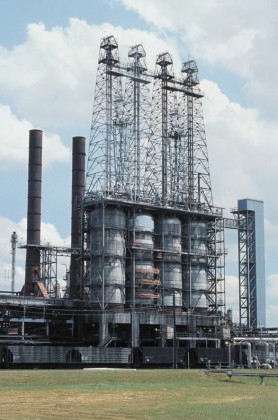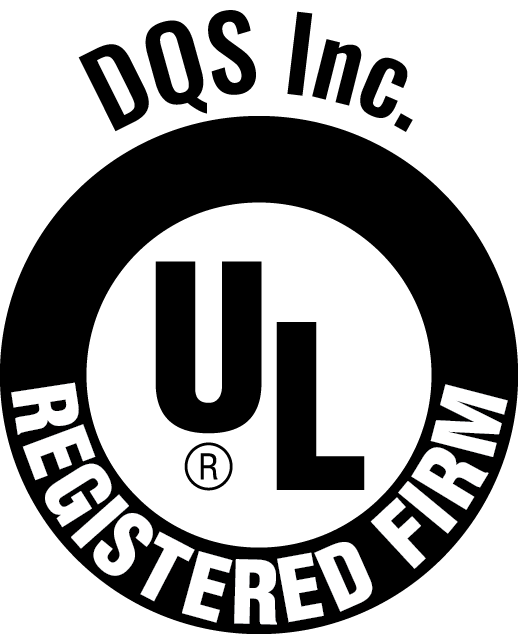LCI has recently provided Flowserve Corp. with tensiometers and LCI displays for monitoring the operational status of their decoking systems. Coking is an oil refinery process that consists of heating a heavy oil stock in order to "crack" its long-chain hydrocarbon molecules into usable distillate components, leaving behind a product known as petroleum coke. Coking is often done in dual-drum units that are up to 30 feet wide by 150 feet tall. Some coking units produce as much as 5,000 tons of coke per day. Refineries normally have 2 to 4 of these units operating continuously, but newer refineries can have up to 16 units.

Petroleum coke is a hard, porous, charcoal-like substance that is used in many commercial applications, but getting it out of the drum is difficult. For over 100 years Flowserve has specialized in high-pressure coke cutting tools designed to remove finished coke and prepare the drum for its next processing cycle. Flowserve’s most recent cutting head and pump produces 4,500 psi with 1,200 gpm throughput that can cleanly empty a coking drum with only 2-4 hours of automated cutting. Imagine cleaning your sport court or house deck with that!
However, during this process cut coke chunks will often fall down on the waterjet head and trap it in the drum. To alert operators of this condition, Flowserve chose MTNW’s 3-sheave 20KIP tensiometers (dynamometers) to understand where the jet is in the drum (line payout), how fast the jet is being lowered (line speed) and how much weight is on the jet (line tension). We worked closely with our load pin manufacturers to ensure that these tensiometers were intrinsically safe for this refinery application. This kind of accurate line control data allows operators to increase both personnel and property safety factors.


